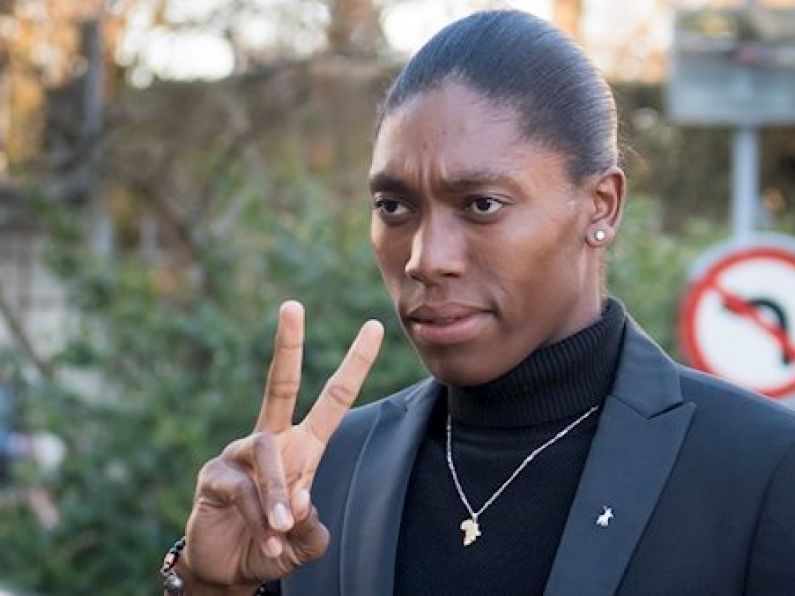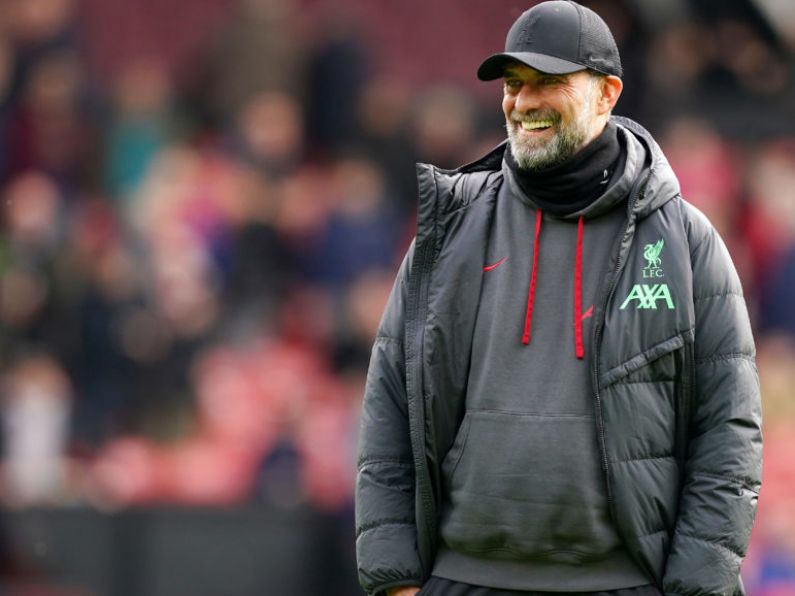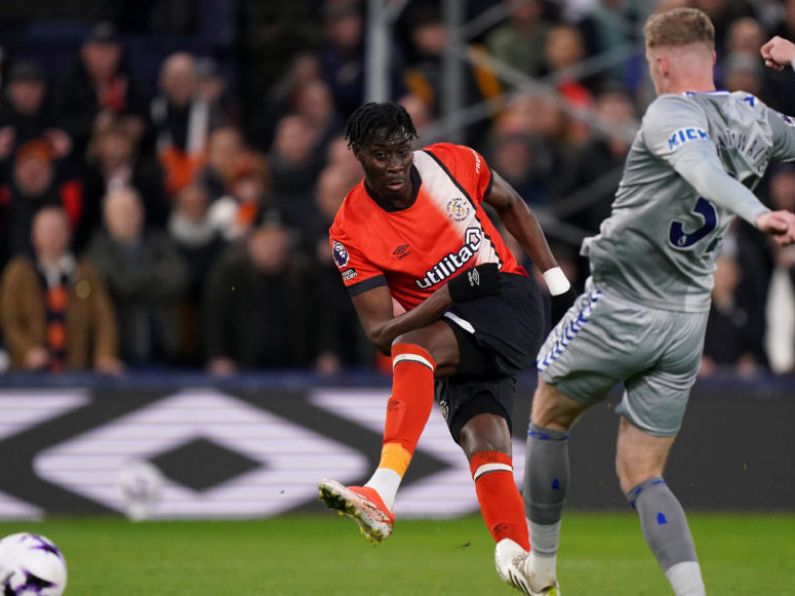Caster Semenya's lawyers have accused the IAAF of using underhand tactics to gain public support at the start of their highly contentious dispute at the Court of Arbitration for Sport (CAS) in Lausanne this week.
The two-time Olympic 800 metres champion is challenging the introduction of revised eligibility rules for athletes with disorders of sexual development (DSDs) in a case that could have enormous implications for intersex and transgender athletes in all sports.
With so much at stake, it is unsurprising that both sides have been sniping at each other over the last week.
On Friday, South Africa's sports minister Thokozile Xasa launched a social media campaign to back her compatriot and accused the IAAF of racism and breaching Semenya's human rights.
World athletics' governing body responded on Monday with a press release that restated its case and listed five of the experts it intends to call at CAS. An hour later, however, Semenya's lawyers issued a statement that strongly criticised the move and questioned the IAAF's motives.
"The arbitration proceedings are subject to strict confidentiality provisions and this information should not have been released," they said.
"Ms Semenya believes the IAAF press release is a clear breach of the confidentiality provisions that was orchestrated in an effort to influence public opinion in circumstances where the IAAF knew that Ms Semenya would not be prepared to respond because she was complying with her confidentiality obligations."
Having claimed the moral high ground, Semenya's lawyers added they have raised this issue with CAS and, "as a matter of fairness", they will be revealing the names of the experts supporting their case on Tuesday.
Press Association Sport has contacted the IAAF for comment.
In its statement, the IAAF said it was acting because it wants to "empower girls and women" by maintaining a level playing field. Crucial to this, it believes, are rules that recognise the advantages intersex or transgender athletes gain from their high levels of testosterone.
"The female category in sport is a protected category," it said.
"For it to serve its purposes, which include providing females opportunities equal to males, it must have eligibility standards that ensure athletes who identify as female but have testes, and testosterone levels in the male range, at least drop their testosterone levels into the female range in order to compete at the elite level in the female classification.
"This standard is necessary to ensure fair competition for all women. Indeed, without it, we risk losing the next generation of female athletes, since they will see no path to success in our sport."
The Monaco-based organisation then named three leading professors of endocrinology, a sports law expert and a transgender medical physicist as being among the "team of experts" it will call upon this week.
But, as Semenya's lawyers have pointed out, there are strong opinions on both sides and the 28-year-old star will not be short of expert support, either.
Questions about who can compete as a woman have been asked for decades, but the debate has intensified ever since Semenya burst onto the scene at the 2011 World Championships in Berlin, where the then-teenager was subjected to intense public scrutiny about her gender.
Desperate to avoid a repeat of such a humiliating episode, the IAAF tried to find a more robust system and later that year introduced a limit on the amount of testosterone a female athlete can have in their bloodstream. The basis for this is 99 per cent of women have testosterone levels that are four to five times below the male range.
Unfortunately, there are several genetic conditions that result in women having male-like levels of testosterone, usually because they have internal, undeveloped testes.
Many of Semenya's supporters believe the IAAF is unfairly singling out one genetic advantage when it does not legislate for others, while some challenge the notion that testosterone is that significant anyway and others question the fact the limit only applies to track events between the 400 metres and mile.
Semenya's legal team are expected to attack on all of these fronts, particularly the latter, as three leading researchers have already pointed to holes in the research the IAAF conducted between 2015 and 2017 to support its testosterone limit.
That followed an earlier legal challenge by Indian sprinter Dutee Chand that forced the governing body to suspend its eligibility rules for nearly three years.
The IAAF, under the leadership of British double Olympic champion Lord Coe, is adamant it has now got evidence to support its testosterone limit and is intending to introduce the rule on March 26, six months later than initially planned to allow for Semenya's challenge.
If the rule survives Semenya's challenge, athletes wishing to compete in the relevant events will need to reduce their testosterone levels to five nanomoles per litre (nmol/L) for at least six months before racing.
CAS has promised to make a ruling on the matter within a month, but with the 2019 World Championships starting at the end of September - and the Olympics less than 18 months away - the clock is ticking.
PA






